It’s just not what you expect to hear on Radio 3 but I happened upon Music Matters on Saturday morning and after playing us a clip from the opening chorus of St Matthew Passion Tom Service pronounced, ‘Bach is a tasteless and chaotic composer.’ I felt as if my ears had been syringed.
Service was actually repeating what one of his guests, the Bach scholar John Butt, had just asserted, as if to verify his intention. Was he really saying that the composer formerly thought of as the epitome of balanced reflection and ‘motivic organisation’ would have sounded ‘incompetent’ to his audiences in 1727? Butt insisted, on the Passion, ‘It’s a complete mess.’
As I thought back on the music we had just heard, and with Butt’s comments in mind, Bach’s choruses did sound disorganised, the singers singing across and against each other, the styles mixed up from pastoral to fugue and back again. What Bach was doing, said Butt, was not breaking the rules so much as pushing the rules to the limit and thereby making everything sound different.
His conversation with Service was being broadcast live from Gateshead as part of this year’s Free Thinking festival — concerts, talks and debates on the theme of rule-breaking. Music Matters was devoted to the question of what this might mean in musical terms. Cage’s 4’33” or Offenbach’s can-can? Pierre Boulez’s Second Piano Sonata or Strauss’s Four Last Songs (both composed in 1948)? Which were the most revolutionary?
Butt was joined by the composer Kevin Volans, who questioned whether Stravinsky was really such a rule-breaker. His Rite of Spring still sounds amazingly fresh (and we heard a clip from it just to prove its shocking qualities) but it was Mussorgsky who really broke the rules, said Volans, because he was untrained. He wrote music outside the constraints imposed by education, and would, by the way, become a huge influence on Stravinsky.
Stevie Wishart, a composer herself who has done much to resurrect the music of the 12th-century Benedictine abbess Hildegard of Bingen, was taught by John Cage, who you might think encouraged her to break every rule (he wrote that four-and-a-half-minute piece with not a note being played or sound made). On the contrary, she told us, he watched her struggle with notation, writing every note down, as any conventional tutor might do. Only when she heard Cage at a concert whacking chains on to the metal bars of the audience seating to create the musical sounds he wanted to hear did she realise that rule-breaking could take many different forms — as Nicholas Baragwanath confirmed. He told us that in his performance career as a pianist he used to insert improvised passages into classical works. ‘No one ever noticed.’
Over on Radio 4, also on Saturday, the journalist and broadcaster Miranda Sawyer was throwing out the rules as regards radio with her new series on podcasting. You may never listen to Radio 4 in the same way again, she threatened on In Pod We Trust (produced by Jim Frank). ‘You may never listen to Radio 4, full stop.’
There are now 100,000 English-language podcast ‘feeds’ worldwide, she told us, i.e. audio pieces available online that you can hear simply by clicking on to the arrow on the podcasters’ websites or, if you decide to become a podcast subscriber, by receiving podcasts automatically on to your computer for listening as and when you choose. Last year, 165 million podcasts were downloaded from Radio 4 alone. Most podcasts, though, are made by complete amateurs. All you need is a smartphone and an internet connection and you, too, could go online with your thoughts, ideas, jokes, stories. They’re usually short, 15–20 minutes at most, and tell stories that could only be told as audio. ‘It’s a strange, mesmerising, addictive world,’ enthused Sawyer. Although she did also warn, ‘It can also be rubbish.’
In this first of the series, Sawyer shared her favourite podcasts with the award-winning Helen Zaltzman, who’s been podcasting since 2007 (the first use of the word ‘podcast’ = iPod + broadcast was in 2004), and has now made 300-plus weekly episodes of Answer Me This! in which she and Olly Mann answer questions sent in by their listeners. She began podcasting as a way into working on radio but her podcasts became so popular she now has no need of ‘conventional’ work. Most of the podcasts are American, said Zaltzman, suggesting that perhaps this is because of the stranglehold of Radio 4 on the British market. Who would have time to venture elsewhere? I wonder, though, whether it’s because podcasting is often about self-revelation in that West Coast way and is not very British. Getting Better Acquainted, for instance, happens to be made in London by Dave Pickering but is typical of many, designed by him to get to know his family and friends better. He persuaded his father to talk about how he lost his virginity in the war in an episode that was compelling but had me squirming. Love + Radio, though, offered an exquisite piece of storytelling. Rachel Prince was sent a brightly coloured vintage postcard from Coney Island, New York. It was dated January 15, 1938 and signed by ‘M’. Who was that? We were only given a taster, which meant I had to go online and hear the rest.
Got something to add? Join the discussion and comment below.
Get 10 issues for just $10
Subscribe to The Spectator Australia today for the next 10 magazine issues, plus full online access, for just $10.

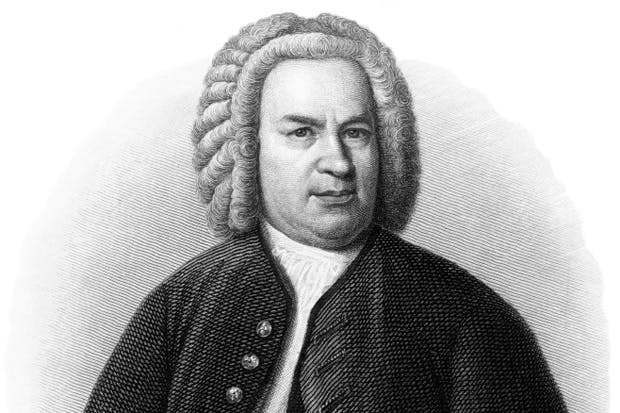

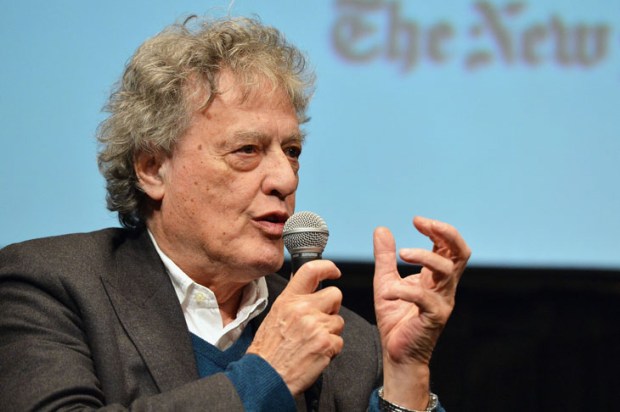
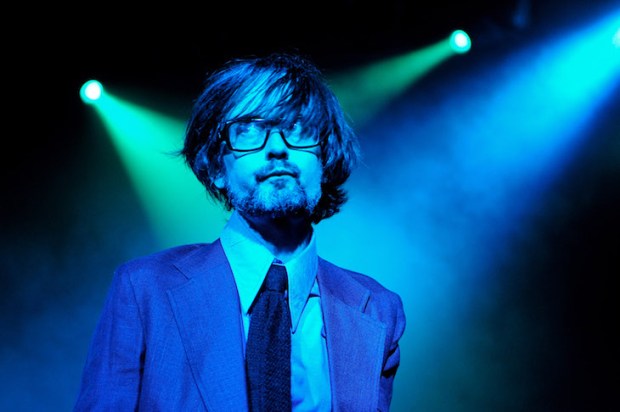

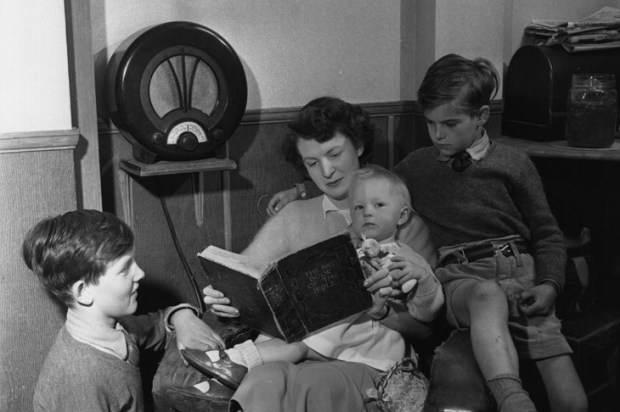
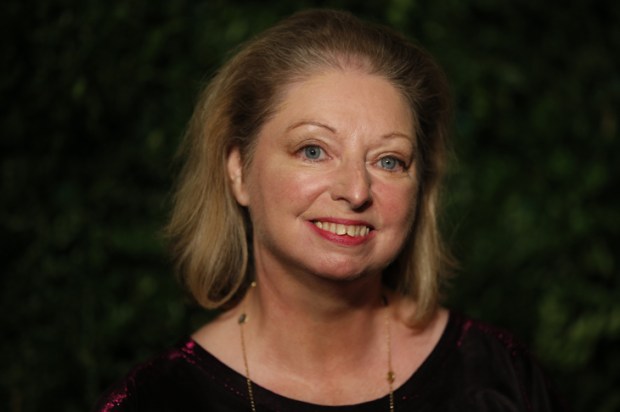






Comments
Don't miss out
Join the conversation with other Spectator Australia readers. Subscribe to leave a comment.
SUBSCRIBEAlready a subscriber? Log in